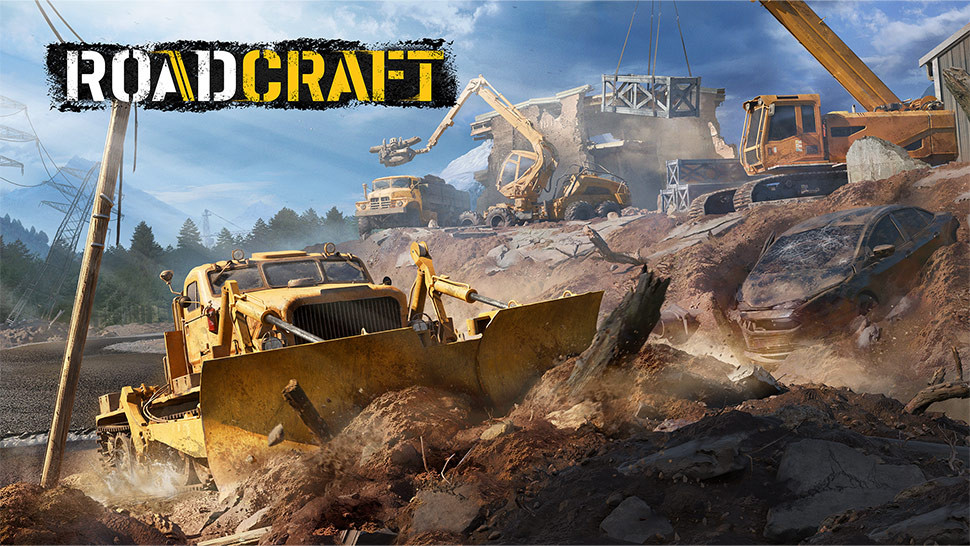Game of Thrones Review
 By Kevin Mitchell | Jun 12, 2012
By Kevin Mitchell | Jun 12, 2012
Battle your way through Westeros as you become part of George R.R. Martin's A Song of Ice and Fire's epic story. Looking to catch the eye of both fans of the books and HBO series, Cyanide, with two Game of Thrones titles under their belt, hoped to deliver a deep narrative with a compelling combat system. While delivering on one of those fronts, it's what it doesn't do right that keeps this from becoming the next epic in the series.
Creating a Game of Thrones title is an enormous undertaking by Cyanide. Under the guidance of George R.R. Martin, the storyline works in parallel to the events that transpire during the first book. The game follows the tales of Mors Westford, a veteran ranger of the Night's Watch, and Alester Sarwyck, a red priest of R'hilor, the Lord of Light. Unable to change the appearance of either character, you do get to decide on the play style of each. Whether Mors wields a deadly two-handed weapon or takes a defensive approach and utilizes a sword and shield is up to the player.
Each chapter plays out as you would expect with the focus changing between the two storylines of the characters each chapter. Mors' dog accompanies him on his journey, giving you the ability to take control of the dog to follow scents that are hidden to the human nose. Politics keep Alester busy due to his father's passing; he is now the head of the Sarwyck house. It is his duty to keep the peace and do what is best for his people, or he could ignore them and do what is best for him. While only focusing on two main characters may seem like a small number compared to the many characters, focusing on just two lets you feel closer to them. While there are also some characters that you will recognize from the series, it would have been cool to have a scene with some of the more notable characters such as my favorite Tyrion Lannister or Ned Stark.
The repetitive one-dimensional combat system feels dull within the first couple hours of playing. As you encounter an enemy or groups of enemies, your sword will be drawn automatically as you begin to inch closer to your adversaries. Once you are in range, your character will begin his auto-attack routine of taking swipes at your foe with your currently selected weapon. Once the action bar fills up, you can select different skills that will aid you in battle. Pressing the spacebar slows down time, but doesn't stop it completely so there still is a sense of urgency to the fight, allowing you to queue up to three skills. There are a lot of different skills too; some can attack multiple foes at the same time while others will add status effects such as on-fire or bleeding to your foes. Early on you will realize a basic pattern, that if followed, will get you through any fight. Whether you go the route of knocking an opponent down and using a skill that inflicts heavy damage to fallen foes or making your opponent bleed as you exploit this weakness, you will be using either of those methods throughout the entire game.
Adding a touch more depth to the combat is the bonuses for using specific weapon types against the right type of armor. You can have two different weapon load-outs so you can handle any situation accordingly, but I didn't find much use in switching weapon types on a per-fight basis while playing through on the normal difficulty. It becomes more important on the harder settings though. Unless you stick with the same type of weapons throughout the game, you will miss the different kill animations in the game as each weapon only uses one animation.
Many of the game's textures are blurry and the character models outside of the two playable characters stand out like a sore thumb. The empty barren world never feels alive and while you can interact with some of the NPCs set throughout the towns, they feel as if they were planted there just to deliver their one-liner and don't feel a part of the game world. You won't see these roaming town folks go about daily lives as you would in other RPGs. The chapters lack a sense of exploration as well, with minimal side quests and areas to explore.
Much like Mass Effect, the dialogue system provides choices to drive the story forward. The problematic voice acting breaks the immersion and flow of the game. One moment you will be having a calm, monotone conversation, but a seemingly harmless dialogue choice will lead to an outburst in not only your tone, but your character's body language as well. Some important decisions are yours to make such as deciding the fate of some villagers that incited a riot. If you are familiar with the books or the series, you will know that lots of characters will be thrown at you fast only to be subsequently killed later on.
Simply Put
The repetitive nature of the combat and overall dull conviction in voice acting makes playing through the 25-30 hour story less than exciting. Starting off slow, persistence will pay off as the end half of the game provides a satisfying conclusion to the story and makes the experience overall worthwhile.
Note: Game of Thrones was reviewed on PlayStation 3. A digital copy of the game was provided by the publisher/developer.




